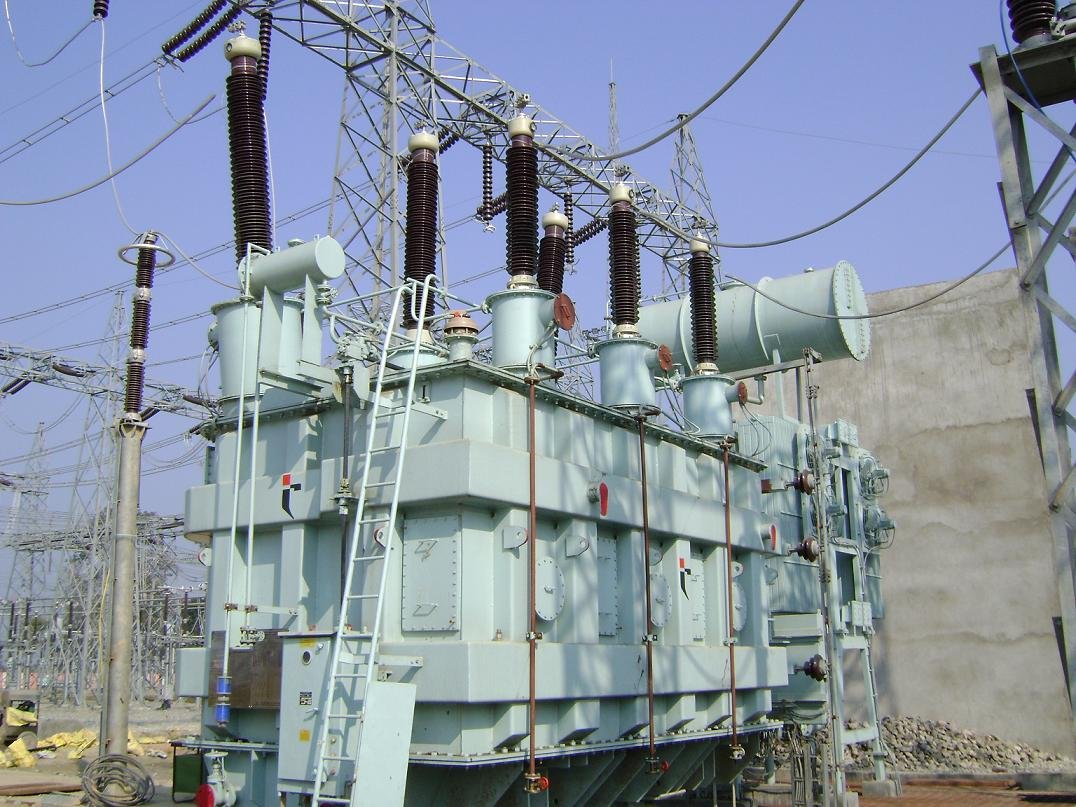The Federal Government on Saturday assured the Niger Delta region that the modular refineries for Delta and Rivers States will soon be delivered.
It also said the Maritime University, Okerenkoko, Delta State, would commence academic activities for the 2017/2018 academic year with 196 students.
The Senior Special Assistant to the Vice-President on Media and Publicity, Mr. Laolu Akande, disclosed these in a statement made available to journalists.
Akande said the information formed part of the highlights of a meeting of the Niger Delta Inter-Ministerial Committee presided over by Vice-President Yemi Osinbajo at the Presidential Villa, Abuja, on Friday.
“The meeting was also briefed on the progress of the modular refineries. One set of modular refinery package shipment has since arrived in Nigeria, and after undergoing clearance at customs, would be installed in Delta State; while another set, which is expected to arrive the country in April this year, would be installed in Rivers State,” Akande said.
He further disclosed that the operation of the modular refineries would include the involvement of communities where they were located.
He said Osinbajo explained that the decision would ensure that the communities benefited directly from the refineries which would help create jobs and engage youths in the region.
Akande added that the committee, in December last year, received a report that 38 licensed privately-financed greenfield and mini-modular refineries investors had so far indicated interest in the establishment of refineries in the region, with at least 10 of the licensed refineries investors at an advanced stage of development.
He also said the Maritime University would start lectures next month.
He said 196 students had so far been admitted into the university to commence their academic programmes, while 76 applications were still pending.
President Muhammadu Buhari had approved an increase in the take-off grant allocated to the university from the N2bn earlier announced to N5bn.
The sum was included in the 2018 budget presented to the National Assembly in November 2017.
Similarly, an additional N1bn was approved by the President to support essential infrastructure works and staff recruitment in the university in November 2017.
Akande added that the Niger Delta Development Commission also disclosed at the meeting that it completed 372 projects covering roads, bridges, electricity, water, among others, in 2017.
He also said work was in progress on the Ogoni clean-up, and the Hydrocarbon Pollution Remediation Project under the Ministry of Environment, as it is set to commence the procurement process for contracting experts for the remediation and clean-up of impacted sites.
